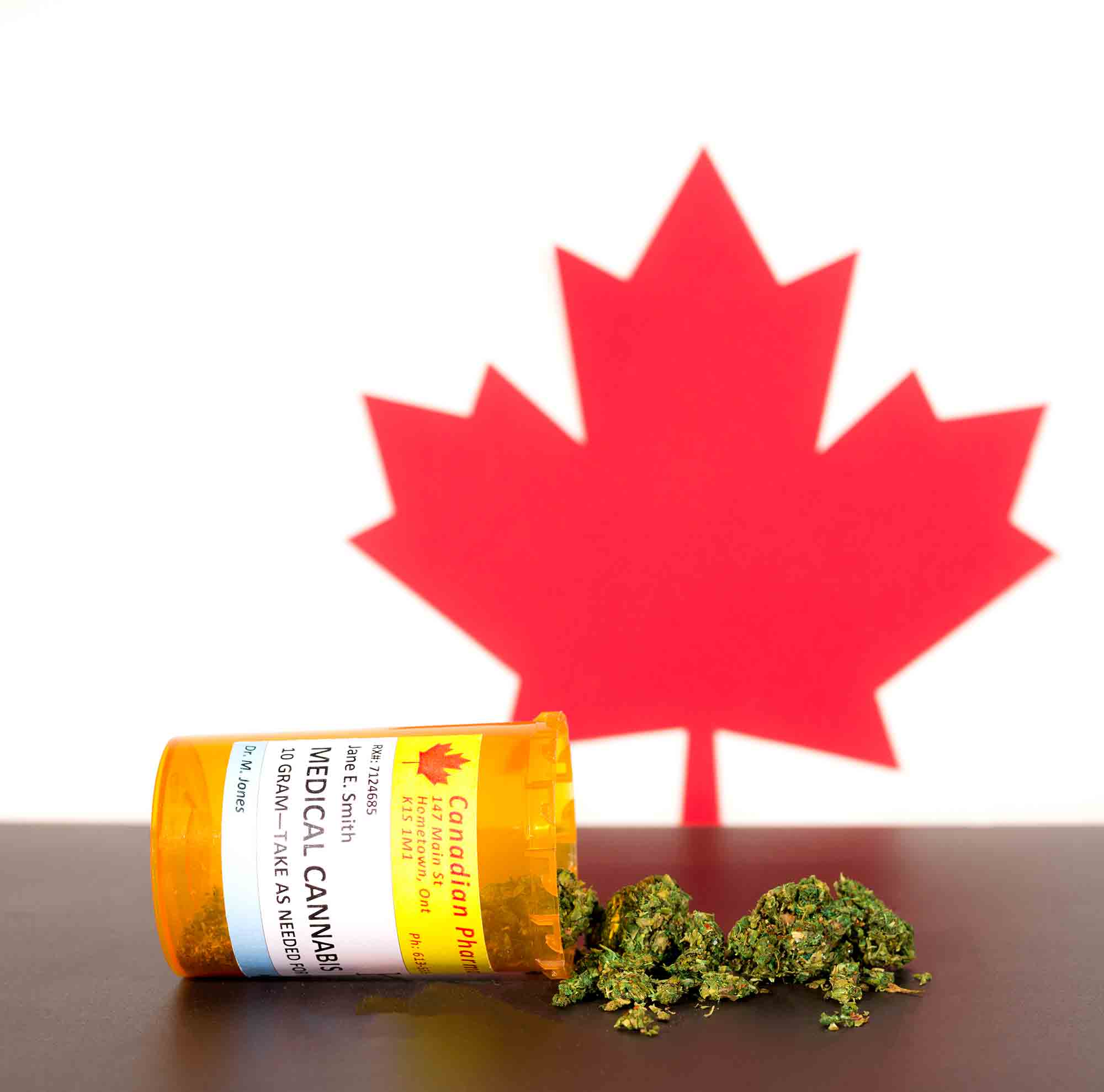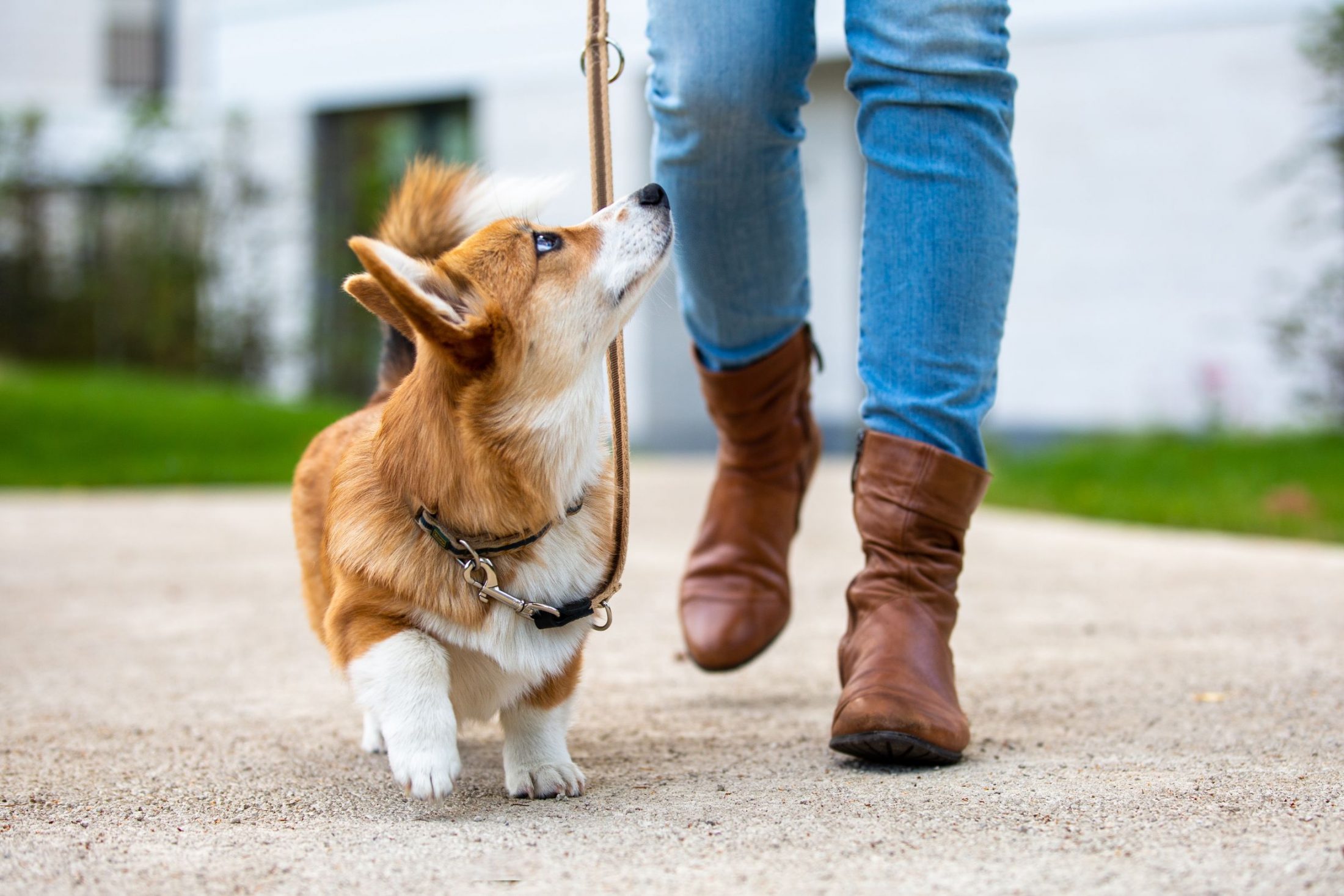 While many of our readers may be familiar with the Cannabis Act which would result in the legalization of the recreational use of marijuana in Canada, it is important that the well-being of our pets be part of the discussion. It is necessary to point out that the current legislation could lead to an increase use of cannabis which might pose an increased risk of marijuana toxicity to our pets.
While many of our readers may be familiar with the Cannabis Act which would result in the legalization of the recreational use of marijuana in Canada, it is important that the well-being of our pets be part of the discussion. It is necessary to point out that the current legislation could lead to an increase use of cannabis which might pose an increased risk of marijuana toxicity to our pets.
The increased use of cannabis both for recreational and medicinal purposes so far has resulted in an increase in cannabis toxicity cases in pets. To help protect your pet from toxins associated with marijuana use, the team at Summeridge Animal Clinic has examined some of the reasons why cannabis and pets do not mix.
Marijuana 101
Cannabis sativa, the botanical name for marijuana, contains powerful compounds that produce its associated effects. These compounds include delta-9-tetrahydrocannabinol (THC) and cannabidiol (CBD). THC is the active compound that produces the psycho-affective reaction most people associate with marijuana use.
These days, marijuana not only comes in the form that can be rolled and smoked like tobacco, but also in edible forms (e.g., baked goods, butter, and chocolate) and in concentrates (e.g., oils and waxes). Edible marijuana products are very potent and can increase toxicity for pets when the ingredients include known toxins like chocolate, nuts, and Xylitol (an artificial sweetener).
Marijuana Toxicity in Pets
Because the levels of THC found in smoke, edible, and oil-based marijuana has doubled over the past few decades, toxicity in pets is a serious concern for those who use pot recreationally or medicinally.
Some of the symptoms of marijuana toxicity in pets include:
- Lethargy
- Depression
- Imbalance, lack of coordination
- Urinary incontinence
- Tremors
- Difficulty breathing
- Blood pressure fluctuations
- Loss of consciousness
If you suspect your pet has ingested or inhaled marijuana, please call us right away! We are not interested in your use of marijuana. We are only concerned with your pet’s well being and getting them the help they need. A quick response can help encourage a better prognosis, which is something we all want.
Other good resources for suspected pet poisoning include the Animal Poison Control Center and the Pet Poison Helpline.
Treatment is based on how much marijuana was ingested and how much time has elapsed since ingestion. Options include IV therapy, medications, and supportive care, as well as careful monitoring.
Prevention
Keeping your pet safe from the perils of pot is easy when you follow a few basic steps:
- Keep pot and marijuana products out of your pet’s reach, preferably in a drawer or secure cupboard.
- Do not smoke or diffuse marijuana or oils in your pet’s presence.
- Edibles are particularly worrisome as the odor can entice pets, so ensure all edibles are kept safely away from your pet.
- Educate yourself on the signs of marijuana toxicity in pets.
- Keep all bags, purses, and backpacks on a high hook or in the closet, including guests’ belongings.
If you’d like to learn more about marijuana toxicity in pets or if you have any questions about pet health, please contact us!



